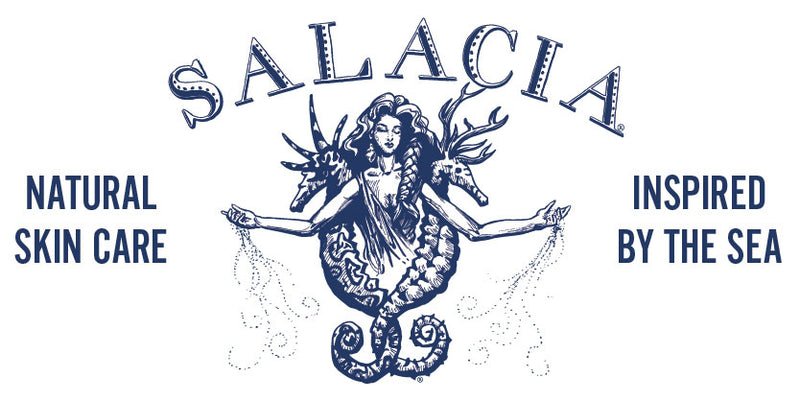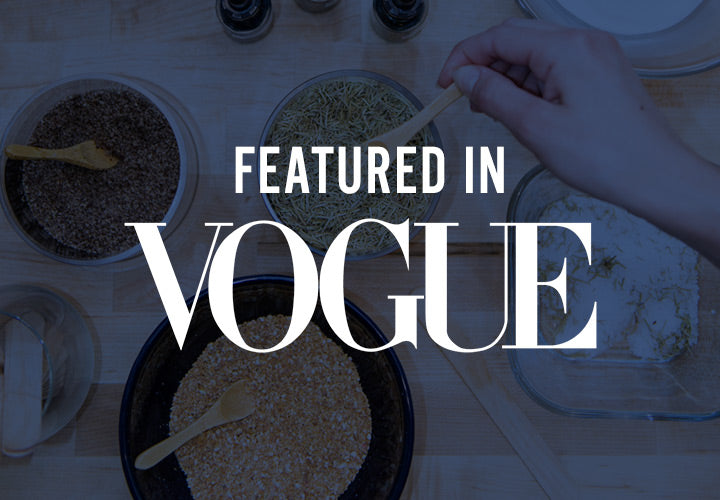Together, We Made a Difference: 2024 Salacia Year in Review
2024 Salacia Year in Review
Hello to my dear salt and sea lovers. What a year! I took some time to evaluate our 2024 and I have to say I'm pretty proud of these points. I'm hoping some of these actions and commitments are the reason you shop small. The reasons that small business should be big on your list. Small businesses are the heart of our country and many are able, nimble, resourceful and thoughtful and can make impacts like these. Thank you for being a VIP and for any and all support you given with us this past year!
Community Support - Near and Far
We donated $3000+ worth of products, workshops, and financial support to 2 local organizations that help those in need (Emmaus House Soup Kitchen and Union Mission). We also donated funds to help with the health, education and wellness of teenage girls in rural India. Our founder Cari also welcomed over 500 incoming students to the SCAD (Savannah College of Art & Design) summer program.

Working in the Soup Kitchen with Metro Rotary Savannah
Making Waves and New Products
We launched new products including a package-free MOISTURIZING BAR with great success, followed by a launch of a new workshop offering the same. New lip balm flavors, air freshening diffusers, a Kiss My Grits gift set and a giftware collection inspired by the iconic landmarks of Savannah were launched thanks to customer feedback and requests.
 Testing out our new Moisturizer Bar workshop with friends!
Testing out our new Moisturizer Bar workshop with friends!
Workshops + Interactive Experiences
We hosted nearly 400 guests for our workshops and off-site activities in Savannah PLUS engaged with THOUSANDS of people from 11 cities across the country as a sponsor in the Surprisingly Savannah tour over the summer. What a thrill to connect with so many that love the south and sea.

Our set up at the Surprisingly Savannah tour. What fun!
Our commitment to sustainability: Rethink, reduce, reuse, repurpose!
1. We purchased ZERO filler for our shipments in 2024. ZERO. NONE. That's because we reused packing and filling materials we received from incoming shipments and collected donations from local businesses that also save these materials for us. There's no need to purchase products that are used once and tossed - especially when they are typically foam or plastic!
2. Salacia sold 11,355 products that were completely package-free, sold in fabric, wrapped in foil, or packaged with ZERO VIRGIN PLASTICS. Yes, over 11k units! Our lip balm containers are made from 100% PCR (post consumer recycled) content. In total we refused 19,331 total units of plastic from being introduced into the waste cycle by using no packaging, cotton, aluminum or glass vessels. We will continue to work to increase this number and sell more products with no plastic.
And a wrap of our best sellers for 2024…
Aromatherapy - ShowerTime Rocks Aromatherapy Shower Steamers
Kiss My Grits Lip Balms + Scrubs
Georgia Peach Body Care - Bar Soap, Body Butter, Bubble Bath and Body Scrub

Continue reading



















